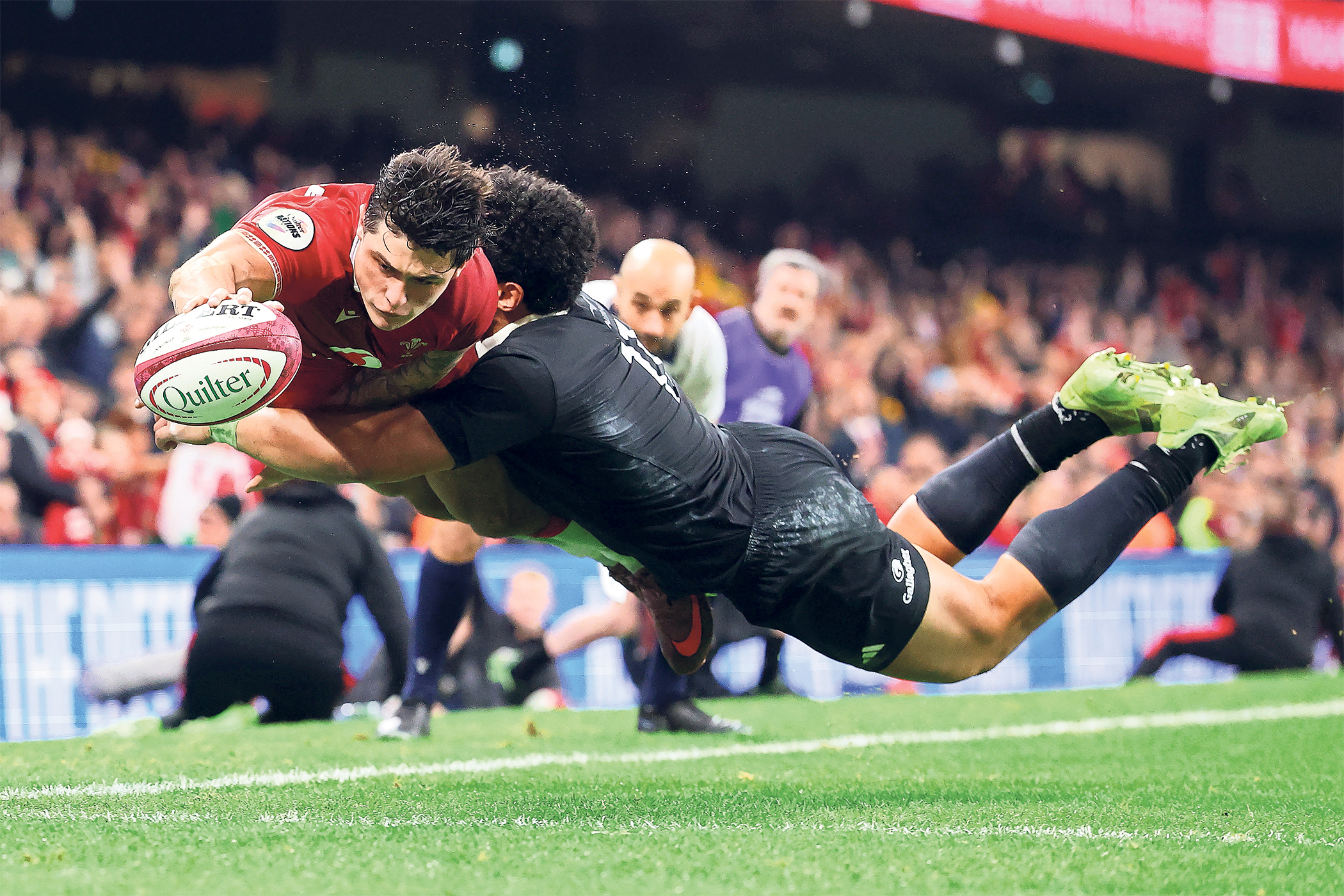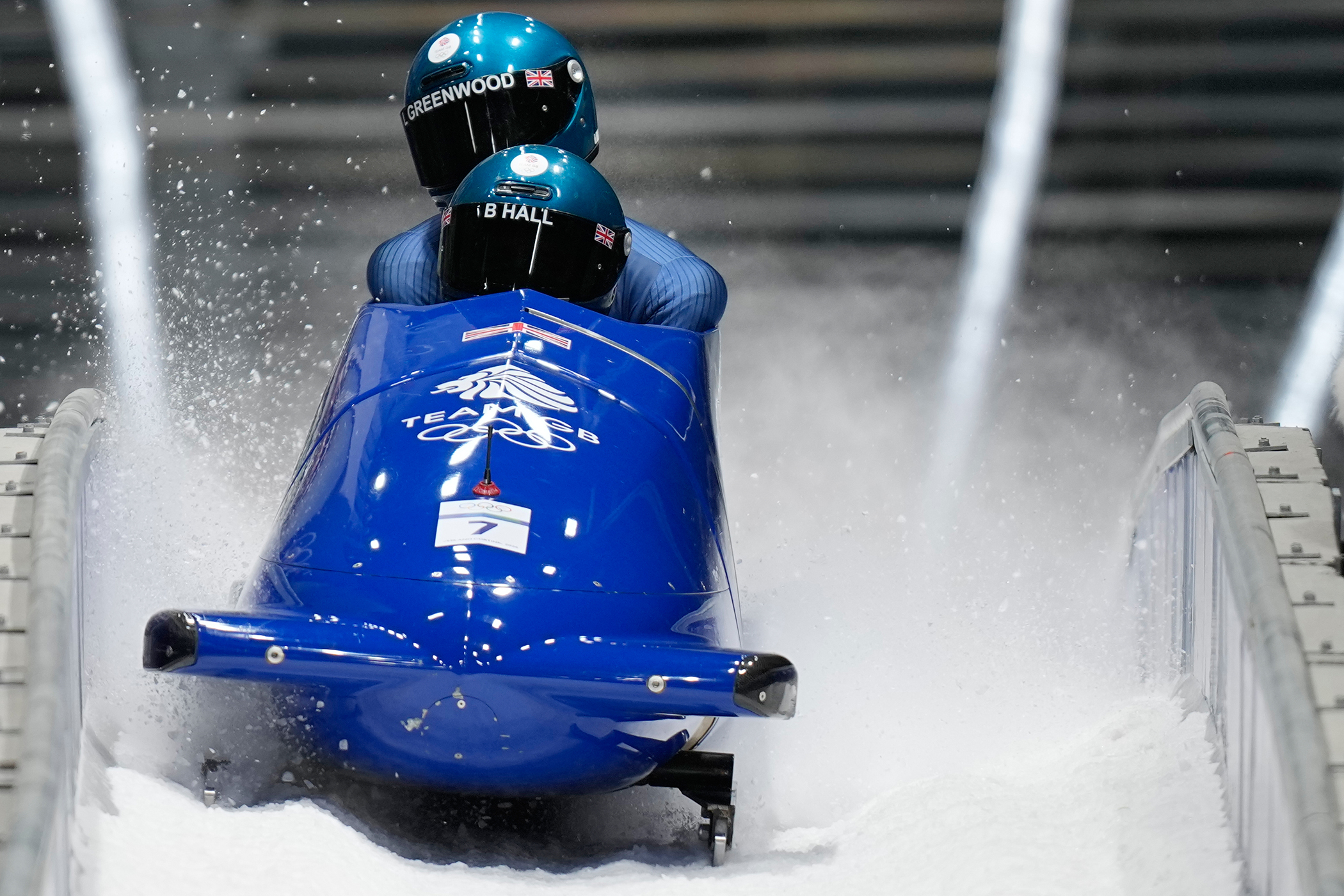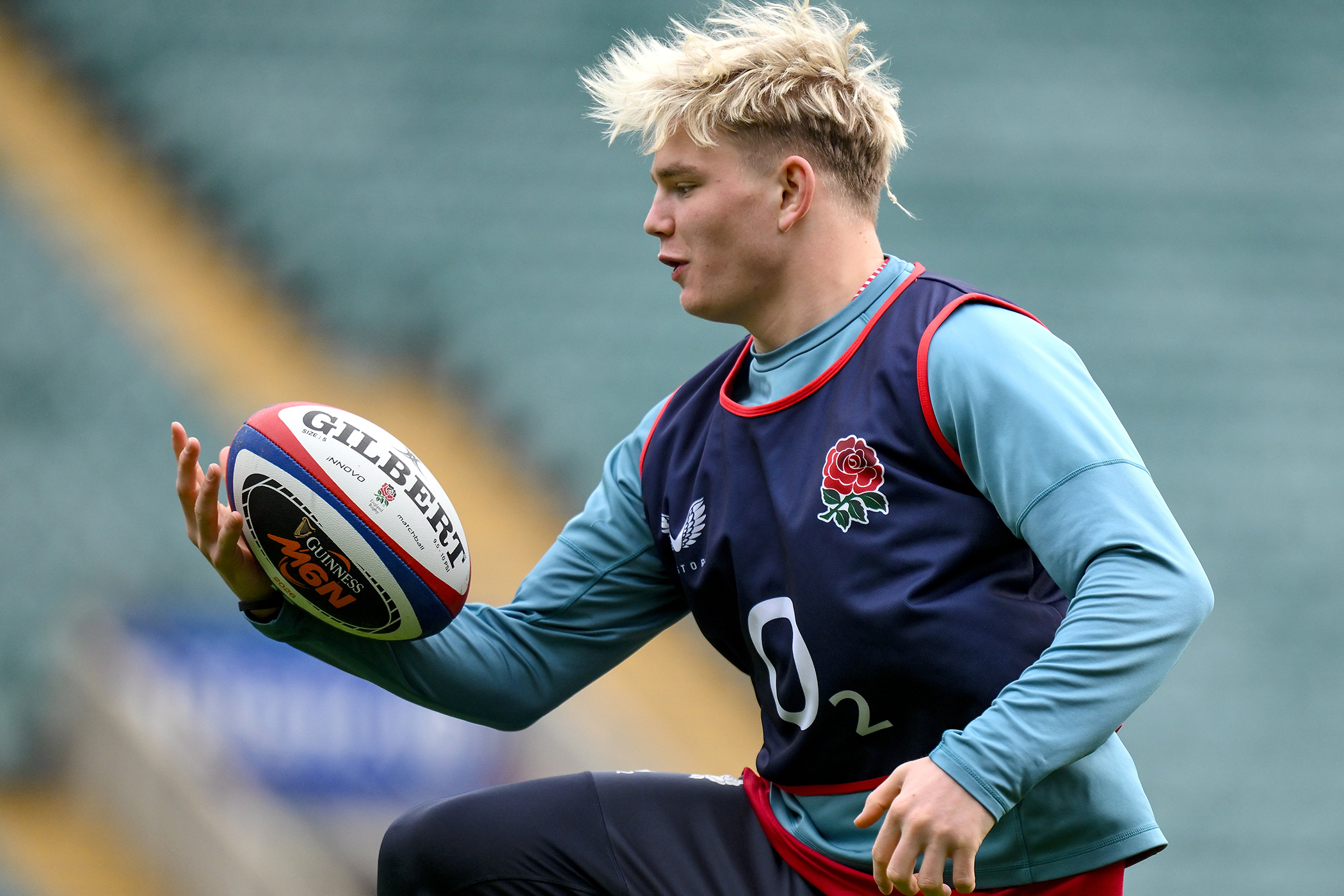This autumn for Wales is all about laying foundations, or taking the first steps back up the mountain, depending on your cliché preference. The cagey, tense win over Japan last week gave new head coach Steve Tandy, his squad and the entire country something to cling onto amid the off-field turmoil facing the regional game.
No one gave Wales a prayer against New Zealand and after only two wins in the past two years, and no victory over the All Blacks since 1963, why would you? Park the 26-52 final score for a moment. This is not meant to sound patronising, but for a Wales side ranked 12th in the world and a shadow of the great Grand Slam-winning teams of Warren Gatland’s first tenure to finish within 30 points of the All Blacks honestly felt like progress.
This was not the outright humiliation everyone was expecting. Perhaps that will come next week against South Africa, when Wales will be missing several players due to release regulations.
Thanks to Tom Rogers’s historic hat-trick, Wales continued buzzing in New Zealand’s ear until they eventually faded, but there was far more to feel good about in Cardiff than many would have expected. The aerial battle can be rugby’s great leveller between favourites and underdogs, with two Tomos Williams box kicks won back by Wales leading to two of Rogers’s tries. The early roar from the crowd after Louis Rees-Zammit beat Damian McKenzie in the air was remarkable.
Having followed Wales closely as a reporter during the final years of Gatland’s first tenure – clinching a Grand Slam and reaching the Rugby World Cup semi-finals in 2019 – back then they had a miraculous combination of a golden wave of Welsh players intersecting with a clear tactical game plan and a focus on being fitter than anyone else, a combination that produced outstanding results.
Can Wales get back to a stage where they are tied with five minutes to go against South Africa trying to reach a World Cup final? Who knows. But that has to be the target.
During the euphoric celebrations after defeating Japan the camera cut to the coaches’ box. Tandy could not watch Jarrod Evans’s match-winning kick. You could spot Dave Reddin, the Welsh Rugby Union’s director of rugby, puffing out his cheeks in relief. Reddin knew what the optics would be if Wales lost again. If the 833-day wait for a home victory had continued.
Reddin’s arrival was heralded as a new dawn but the rollout of remodelling the Welsh game, the very public discourse over how many Welsh regions there will be in future, has been messy at best, shambolic at worst. Proposals back in August suggested the number of regions should drop from four teams to two. Then in October the WRU publicly confirmed that they want to have three by the start of the 2027-28 season, based in Cardiff, east Wales and west Wales.
There is no argument here over the number of Welsh regions being too high, but the process has been found wanting. Forget trying to win a match. Imagine trying to put yourself through the physical and mental exhaustion of Test rugby while wondering if the regional side you play for will exist beyond next season.
The funnelling of four squads worth of players into three franchises means livelihoods are at risk. Given that Ospreys and Scarlets only have deals with the WRU running until 2027, both sides appear in the firing line.
Newsletters
Choose the newsletters you want to receive
View more
For information about how The Observer protects your data, read our Privacy Policy
Given all that, could Wales provide a bit of a distraction on the field from the chaos off it? For about 50 minutes in a game where no one gave them a prayer, the answer was yes.
Photograph by David Rogers/Getty Images



